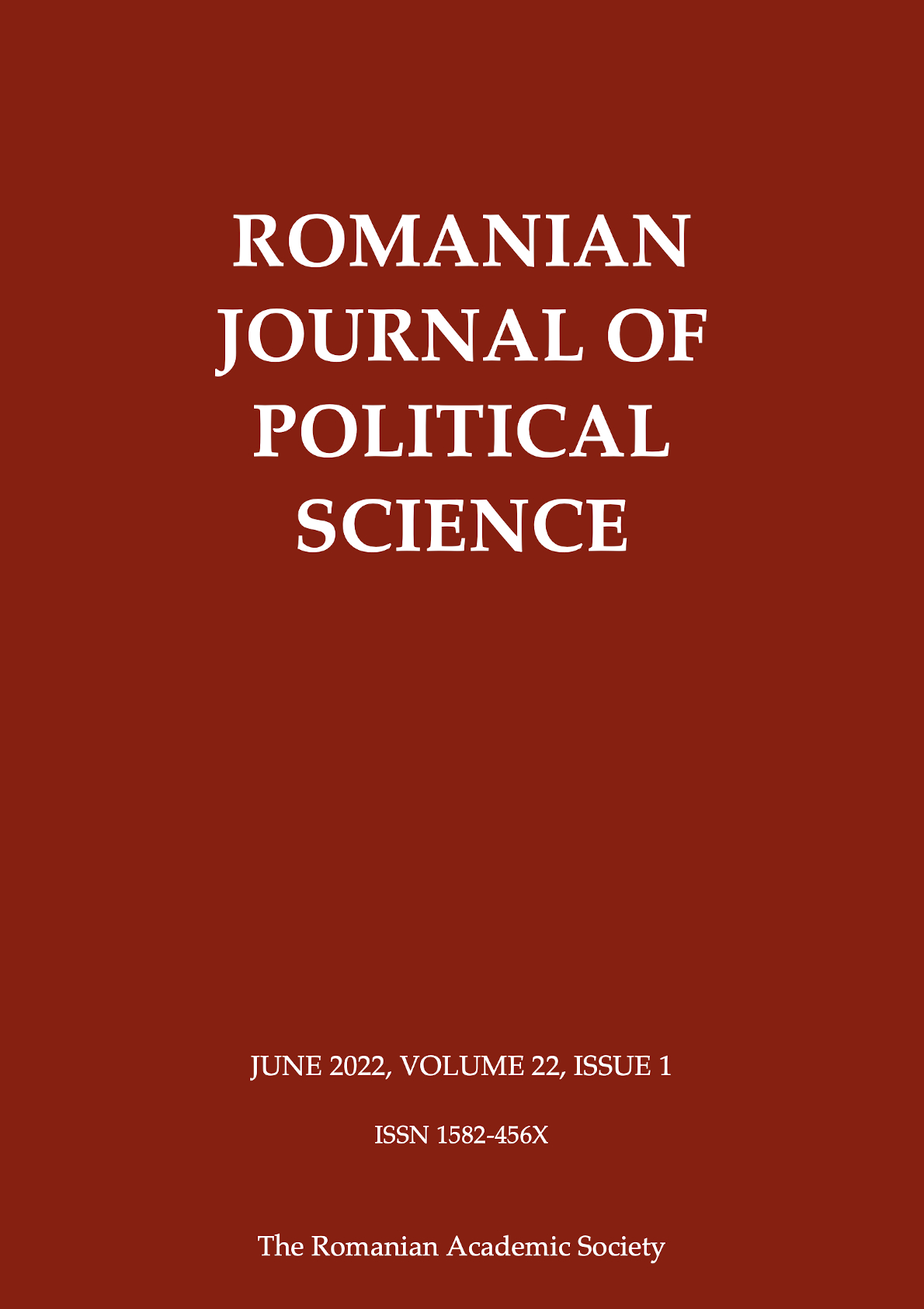Socio-economic factors driving consolidation of democracies in post-socialist economies
Socio-economic factors driving consolidation of democracies in post-socialist economies
Author(s): Michal MádrSubject(s): Politics / Political Sciences, Economic history, Political history, Government/Political systems, Comparative politics, Transformation Period (1990 - 2010)
Published by: Societatea Academică Română (SAR)
Keywords: democracy; modernization theory; early developed institutions; natural resource abundance; post-socialist economies;
Summary/Abstract: The main aim of the paper is to identify important socio-economic factors affecting the consolidation of democracies in post-socialist economies. The level of democratic environment is evaluated by the Electoral Democracy Index (the V-Dem Project). The influence of socio-economic factors is analyzed from the perspective of Modernization theory, which is compared with the other four theories (early developed institutions, natural resource abundance, cultural heritage, and international trade) in the empirical analysis. To achieve the aim, the paper uses time-series cross-sectional Prais-Winsten regression models with panel-corrected standard errors. The results indicate that the consolidation of democratic environment was positively affected by economic development and historical experience with democracy and negatively influenced by natural resource abundance and Islamic cultural heritage. If we evaluate the individual factors within the Modernization theory, then we can see statistically significant influence of the economic level, while the effect of education or urbanization seems to be insignificant. At the end of the empirical analysis, the ambiguous influence of middle class as transition channel of the Modernization theory on the consolidation of democratic environment was discussed.
Journal: Romanian Journal of Political Sciences
- Issue Year: 22/2022
- Issue No: 1
- Page Range: 43-57
- Page Count: 15
- Language: English
- Content File-PDF

